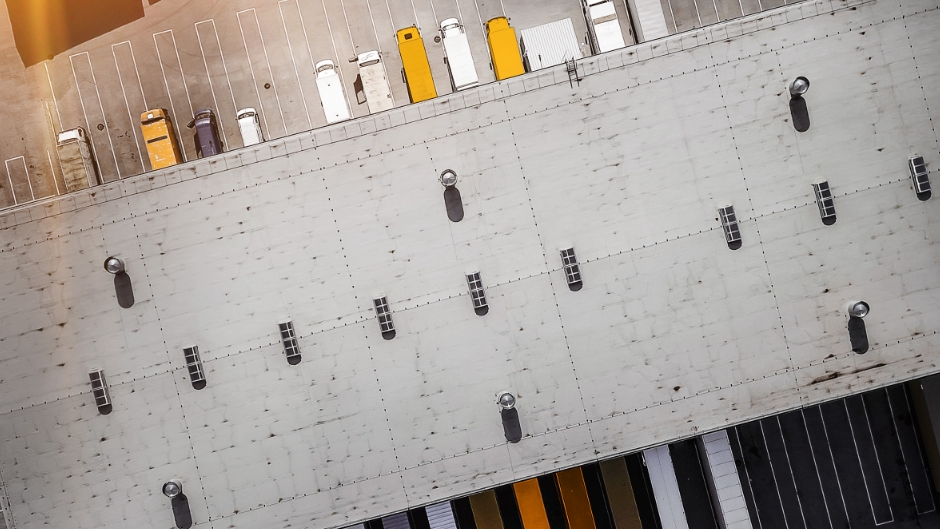#Tyre Awareness
Inflation and zipper fails
Part 3

The name may not be common knowledge, but a zipper failure can present a huge risk to tyre technicians. Better known as a blowout, zipper failures are caused when the tyre ruptures unexpectedly in the mid part of the sidewall. The force in which the tyre explodes can cause fatal injuries to a technician servicing the tyre.
We’ve created a video guide to highlight some of the precautions you should take to reduce the likelihood of a zipper failure.
How do they happen?
Zipper failures occur when the tyre’s internal structure fails. Similarly, these failures can result from the tyre running without enough air in it.
As truck tyres flex up to 450 times a minute when driving, having the correct levels of air inside each tyre is crucial to reducing the risk of zipper failures. If they don’t have enough air in them, they can flex too much, which damages the tyre’s construction.
The warning signs
A tyre that’s about to suffer a ruptured sidewall will typically make a creaking or popping noise. When you’re inflating a tyre, check for excessive flex in its sidewall and make sure that you top it up accurately using a pressure gauge.
If the tyre is underinflated by between 20 and 50%, think about why it’s so underinflated. Could it be a slow leak? Or perhaps a faulty valve? If the tyre is more than 20% below the recommended inflation pressure, it must be removed and checked by a qualified technician. You must never reinflate a completely flat tyre.
Repairing and replacing, done right
If the tyre needs repairing, the technician must check that the tyre can still be used. If a repair is viable, the tyre must be reinflated within a certified inflation cage. But if there’s any doubt, the tyre should be replaced.
Make sure to check each tyre on the vehicle – including the twinned tyre. This is because zipper failures usually occur on the inner twin tyre, either on the drive or trailer axle. It’s often the case that the valve extensions have become detached, meaning that the inner tyre’s pressure isn’t checked.
You should also take care to inspect the valve, too. Valve stems can crack and leak. Similarly, valve cores can leak if they’re held open by dirt or ice. To help prevent damage to the valves, a good quality valve cap is a must-have.
